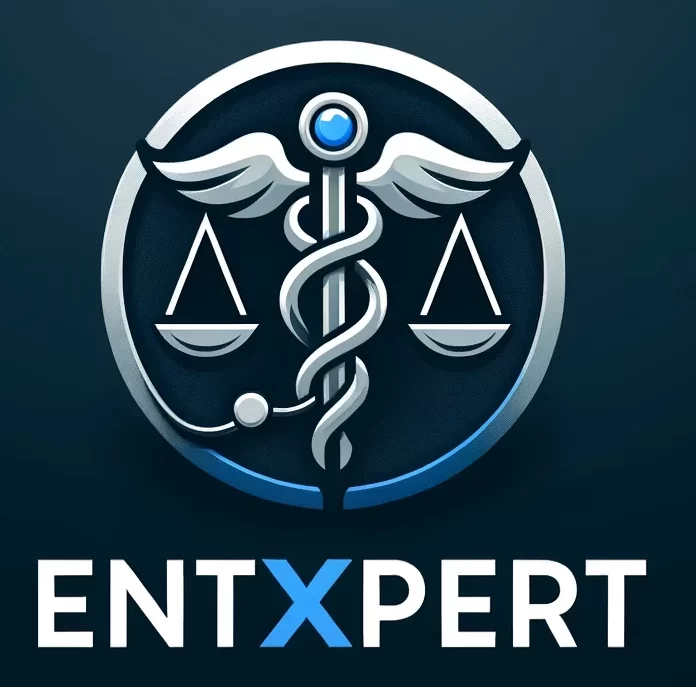How to choose an expert witness
How to Choose the Right Expert Witness for Your ENT Malpractice Case
When it comes to medical malpractice cases, especially those involving complex and specialized fields like ENT (Ear, Nose, and Throat), choosing the right expert witness can make all the difference. The right expert not only strengthens your case but also provides the clarity and credibility needed to navigate the complexities of the legal system. Here’s how to ensure you’re selecting the best expert witness for your ENT malpractice case.
1. Look for Board-Certified Specialists
Why It Matters: Board certification is a critical indicator of an expert’s knowledge and commitment to their specialty. In ENT malpractice cases, a board-certified otolaryngologist brings a deep understanding of the complexities involved in procedures like sinus surgery, tonsillectomy, and tracheostomy. Their certification ensures they have met rigorous standards and are up-to-date with the latest advancements in their field.
Action Step: When selecting an expert witness, always verify their board certification status. This credential not only boosts their credibility but also enhances the persuasiveness of their testimony.
2. Ensure Relevant Experience with Similar Cases
Why It Matters: Experience with similar cases is invaluable. An expert witness who has dealt with cases involving misdiagnosis, surgical complications, or airway management issues will be better equipped to understand the nuances of your case and provide relevant, practical insights.
Action Step: Ask potential expert witnesses about their experience with cases similar to yours. For example, if your case involves subglottic stenosis following prolonged intubation, seek an expert who has handled such cases before. Their firsthand knowledge will provide a solid foundation for their testimony.
3. Evaluate Their Communication Skills
Why It Matters: Expert witnesses need to translate complex medical terminology into language that judges, juries, and even attorneys can understand. An expert with strong communication skills can effectively articulate their findings and explain intricate details clearly and convincingly.
Action Step: During your initial discussions, assess how well the expert explains medical concepts. Are they able to break down complex issues into simple, understandable terms? An expert who excels in communication will be more effective in the courtroom.
4. Assess Their Testimony Record
Why It Matters: An expert witness’s previous testimony record can provide valuable insights into their effectiveness. Experts who have testified successfully in multiple cases bring proven experience and a track record of withstanding cross-examination.
Action Step: Ask for references or case studies from previous cases where the expert has testified. Look for indications of how their testimony was received and whether it positively impacted the outcome of the case.
5. Consider Their Reputation in the Field
Why It Matters: An expert witness with a strong reputation in the medical community commands respect and authority. Their reputation can influence how their testimony is perceived by the court, lending additional weight to their opinions.
Action Step: Research the expert’s professional background, including their publications, speaking engagements, and peer reviews. An expert who is well-regarded in the medical field will bring additional credibility to your case.
6. Ensure Objectivity and Impartiality
Why It Matters: The credibility of an expert witness hinges on their objectivity. Courts expect expert witnesses to provide unbiased opinions based on facts and evidence. An expert who appears biased or too closely aligned with one side can undermine your case.
Action Step: Discuss the expert’s approach to case evaluations. Ensure they are committed to providing an objective analysis, regardless of which side they are representing. Their impartiality will be critical in presenting a credible case.
7. Look for Comprehensive Case Evaluation Skills
Why It Matters: In complex ENT cases, it’s not just about identifying what went wrong; it’s about understanding why and how it happened. An expert witness who offers a thorough case evaluation—covering everything from initial diagnosis to post-operative care—will provide the comprehensive insights needed to support your case.
Action Step: Ask potential experts about their evaluation process. A detailed, methodical approach to reviewing medical records, procedures, and outcomes will ensure that no stone is left unturned in your case analysis.
Conclusion: Partnering with the Right Expert Witness
Choosing the right expert witness for your ENT malpractice case is a critical decision that can significantly influence the outcome. By focusing on board certification, relevant experience, communication skills, a strong testimony record, and a reputation for objectivity, you can ensure that your case is supported by the best possible expert.
At ENTxpert, we specialize in providing board-certified ENT expert witnesses with extensive experience in a wide range of malpractice cases. Our experts are not only leaders in their field but also skilled communicators who can effectively support your legal strategy. Whether you’re dealing with a surgical complication, a misdiagnosis, or any other ENT-related issue, our team is here to help.
Ready to strengthen your case with top-tier ENT expertise? Contact us today to learn more about how we can assist with your next medical malpractice case.





